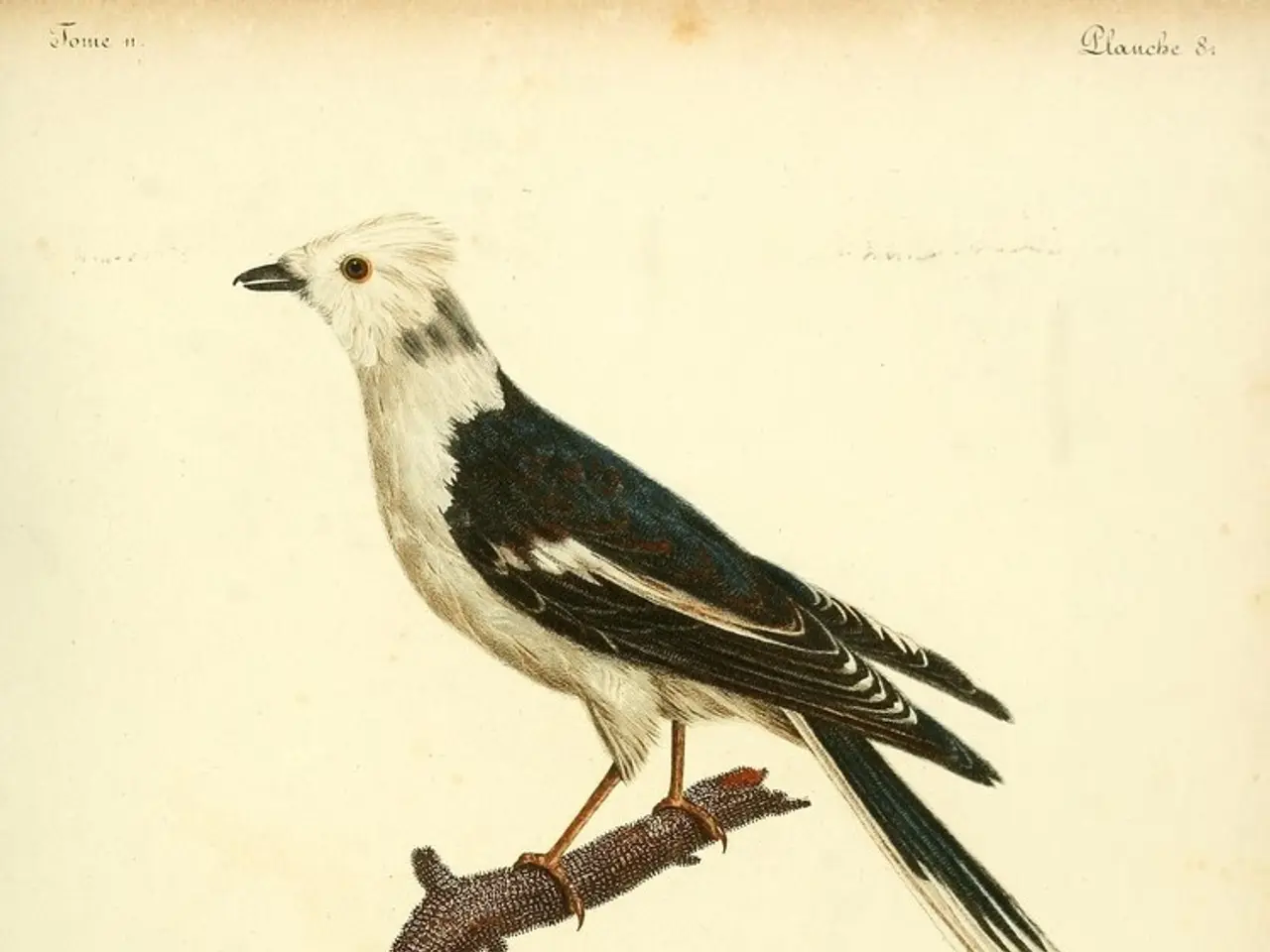Baltic countries, Poland, and Ukraine submit Gulag birch bark archives for UNESCO's consideration and potential recognition as a World Heritage Site.
The international register of UNESCO's "Memory of the World" program is set to consider a significant collection of documentary heritage from Latvia's history. The documents in question are the 148 birch bark letters, written between 1940 and 1965, which provide a poignant glimpse into Latvia's most tragic period during the Soviet era.
These letters, currently housed in 11 Latvian museums, offer a unique perspective on the infamous Soviet network of repression and forced labor camps known as the Gulag. Written on birch bark, often the only available material for writing at places of deportation, they serve as charges against the Soviet regime and offer testimony about the Soviet era in Latvia's history.
The significance of these letters lies in their ability to describe the control of the totalitarian Soviet regime over people's lives. The existence, content, language, and censorship stamps on the letters paint a vivid picture of arrests and deportations, considered human rights violations during that period.
The letters are part of an overall collection of 148 documents that were created within the Soviet system of repression known as the Gulag. The application for their inclusion in the "Memory of the World" register was prepared in cooperation with the UNESCO national commissions of all five countries where the documents are kept: Estonia, Latvia, Lithuania, Poland, and Ukraine.
It is worth noting that the 148 birch bark letters are not confined to Latvia. While the specific institutions in four other countries where they are held are not identified in the available search results, it is known that they are kept in 31 memory institutions across these five countries.
A decision on the inclusion of these birch bark letters in the "Memory of the World" register is expected in May 2025. If approved, they will join the 494 other entries in the register, several of which are related to Latvia.
The "Memory of the World" program collects and preserves significant documentary heritage from around the world, with the aim of safeguarding our shared human memory. If the birch bark letters are successful in their application, they will undoubtedly contribute significantly to this global effort, providing a valuable insight into a dark chapter of history.
Read also:
- United States tariffs pose a threat to India, necessitating the recruitment of adept negotiators or strategists, similar to those who had influenced Trump's decisions.
- Weekly happenings in the German Federal Parliament (Bundestag)
- Southwest region's most popular posts, accompanied by an inquiry:
- Discussion between Putin and Trump in Alaska could potentially overshadow Ukraine's concerns








